Australian Border Force, Australian Criminal Intelligence Commission, Australian Federal Police, Tasmania Police
Cannabis continues to account for the highest proportion of illicit drugs seized in Tasmania, according to a new report by the Australian Criminal Intelligence Commission (ACIC).
The Illicit Drug Data Report 2014–15, released today, shows cannabis accounted for 95 per cent of the weight of illicit drugs seized in Tasmania in 2014–15, a rise from 82 per cent in 2013–14.
Minister for Justice, the Hon. Michael Keenan MP, launched the report alongside ACIC Chief Executive Officer, Mr Chris Dawson, in Adelaide to highlight the wide impact of illicit drugs on the Australian community.
“The Illicit Drug Data Report 2014-15 highlights the continued vigilance and success of law enforcement in combating the illicit drug trade with a record 105,862 national illicit drug seizures, weighing a total of 23.5 tonnes and a record 133 926 national illicit drug arrests”. Mr Dawson said.
Tasmania Police Commissioner, Darren Hine, welcomed the report.
“The report provides valuable trend data to assist us in our ongoing work to disrupt the supply of illicit drugs into Tasmania.
“Cannabis continues to be by far the most significant drug in Tasmania in terms of quantity seized and related arrests,” he said.
Australian Federal Police (AFP) Commissioner Andrew Colvin said the combined efforts by agencies has led to an increase in illicit drug seizures and arrests nationally.
“This year’s report demonstrates the close collaboration between law enforcement agencies has led to 13.7 per cent more drugs seized and 19.5 per cent more arrests from the previous year.
“But we are not complacent. Disrupting the supply chain for narcotics is vital to ending the devastation of illicit drugs. The AFP has recently recommitted to close working relationships with China, Vietnam and Cambodia to address the shared threat of transnational and organised crime. These partnerships provide significant value for Australian law enforcement in terms of our understanding of concealment methods, trafficking routes and syndicates facilitating narcotic imports into Australia.”
“Due in part to our wealthy status and our use of technology, Australia remains a target for criminal networks. The illicit drug data report is imperative in providing intelligence to the AFP’s International Network and aids in the development of off-shore partnerships to target illicit drug importation at its source,” Commissioner Colvin said.
Australian Border Force (ABF) Commissioner, Roman Quaedvlieg, said the ABF will continue to work closely with its partners to combat the threat of illicit drugs.
“The Australian Border Force (ABF) has an integral role in preventing illicit drugs entering Australia,” he said.
While it is satisfying to note increased detections and arrests by the law enforcement community, it’s also a salutary reminder that the threat posed by illicit drugs is ever present.”
The Illicit Drug Data Report 2014–15 is a statistical report, which provides governments, law enforcement agencies and policy makers with a robust picture of the Australian illicit drug market. It pulls together data from all state and territory police agencies, the Australian Federal Police, the Department of Immigration and Border Protection and forensic laboratories.
“The statistics in the report will inform prioritisation and decision-making to help protect Australia and minimise the threat, harm and destruction caused by illicit drugs,” Mr Dawson said.
Tasmanian statistics are drawn from data provided by Tasmania Police, Forensic Science Service Tasmania and the Australian Federal Police.
The Illicit Drug Data Report 2014–15 is available online at www.acic.gov.au
